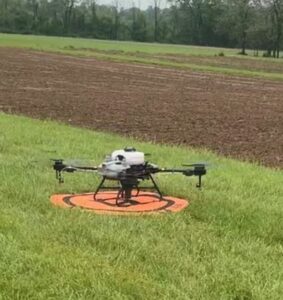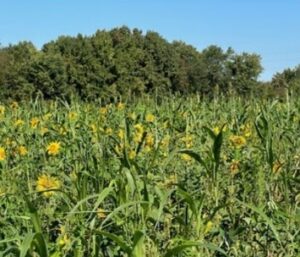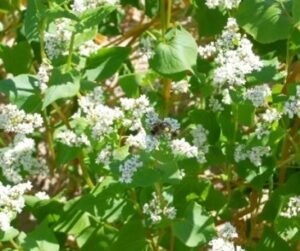The program, “Networks to Reduce Risk: Annie’s Project Builds Viable Farms in Urban and Rural NJ” will include four unique field trips and a dynamic, six-part webinar series. The overarching goal of this program is to improve risk management strategies of urban and rural farm business owners by connecting them with interactive educational opportunities, practical resources, and each other. This program is open to all.
Interested participants can attend an upcoming informational session to learn more about the program objectives and activities, the expected benefits for participants, and receive information about program registration. The informational session will be held online via Zoom on Wednesday, September 24, 2025, from 7:00 pm to 8:00 pm. To register for the informational session, please visit go.rutgers.edu/ntrrinfosession. Registration is required.
All questions can be directed to anniesproject@njaes.rutgers.edu.

This work is supported by the Northeast Extension Risk Management project award no. 2024-70027-42540, from the U.S. Department of Agriculture’s National Institute of Food and Agriculture. Thank you so much in advance!

 The Rutgers Office of Continuing Professional Education will host a course on ‘Spanish for Ag and Horticulture Workforce’ from January 16-March 6, 2026. This is an online, self-paced course with approximately 21 hours of course content designed to help participants study conversational Spanish and gain technical vocabulary specific to those in the agriculture and horticulture workforce.
The Rutgers Office of Continuing Professional Education will host a course on ‘Spanish for Ag and Horticulture Workforce’ from January 16-March 6, 2026. This is an online, self-paced course with approximately 21 hours of course content designed to help participants study conversational Spanish and gain technical vocabulary specific to those in the agriculture and horticulture workforce.


